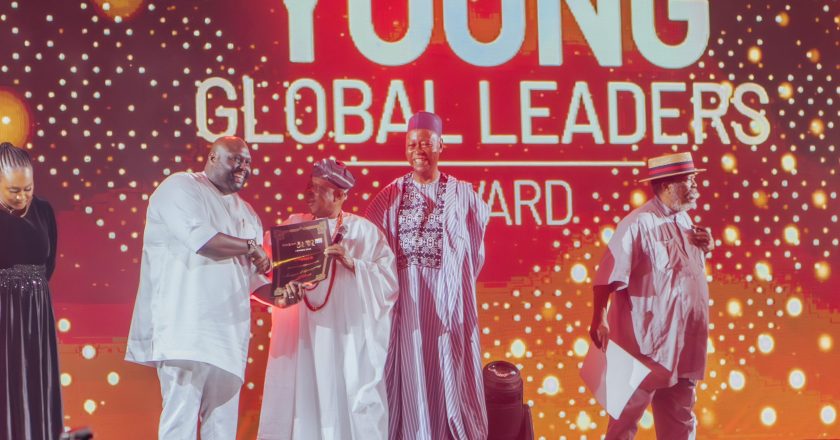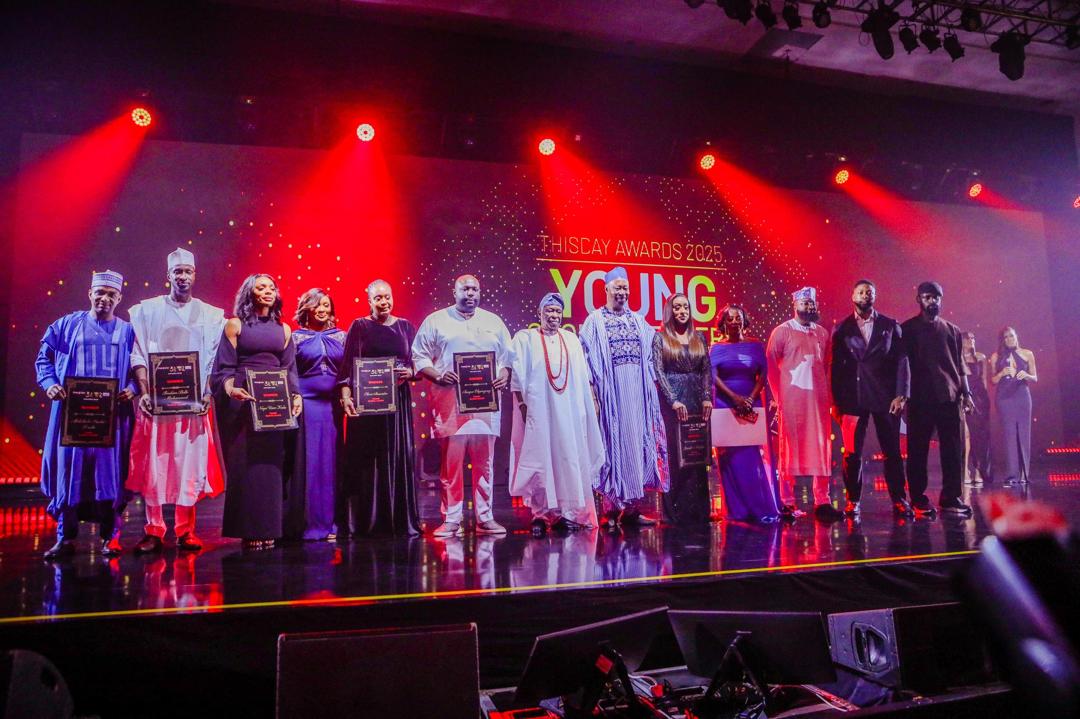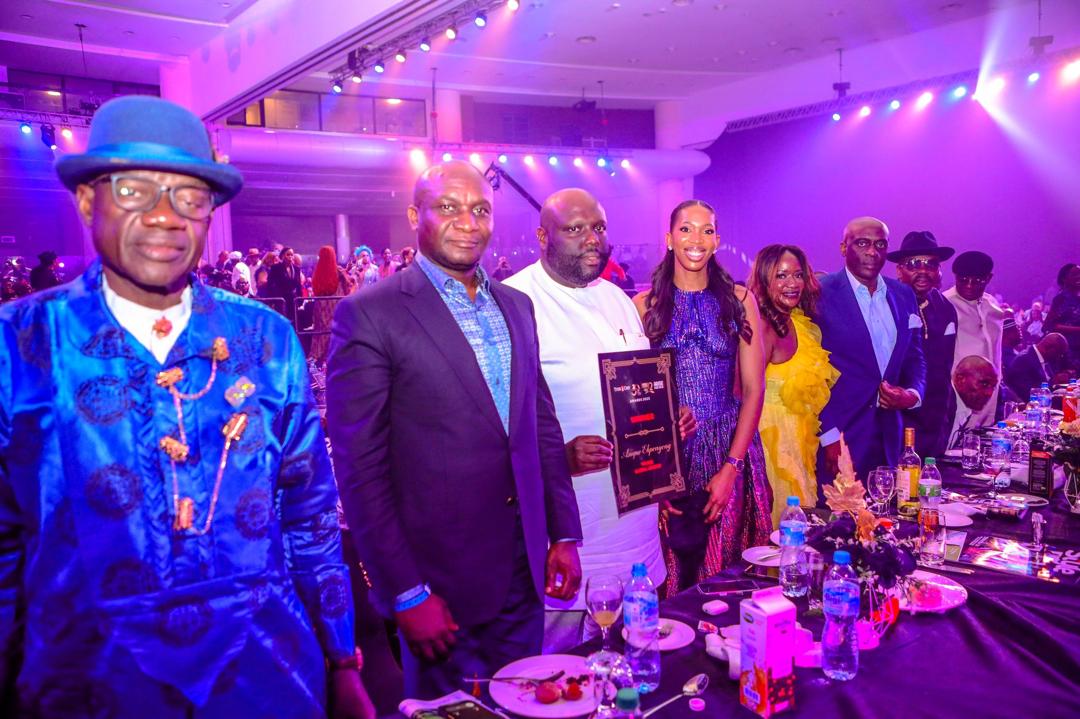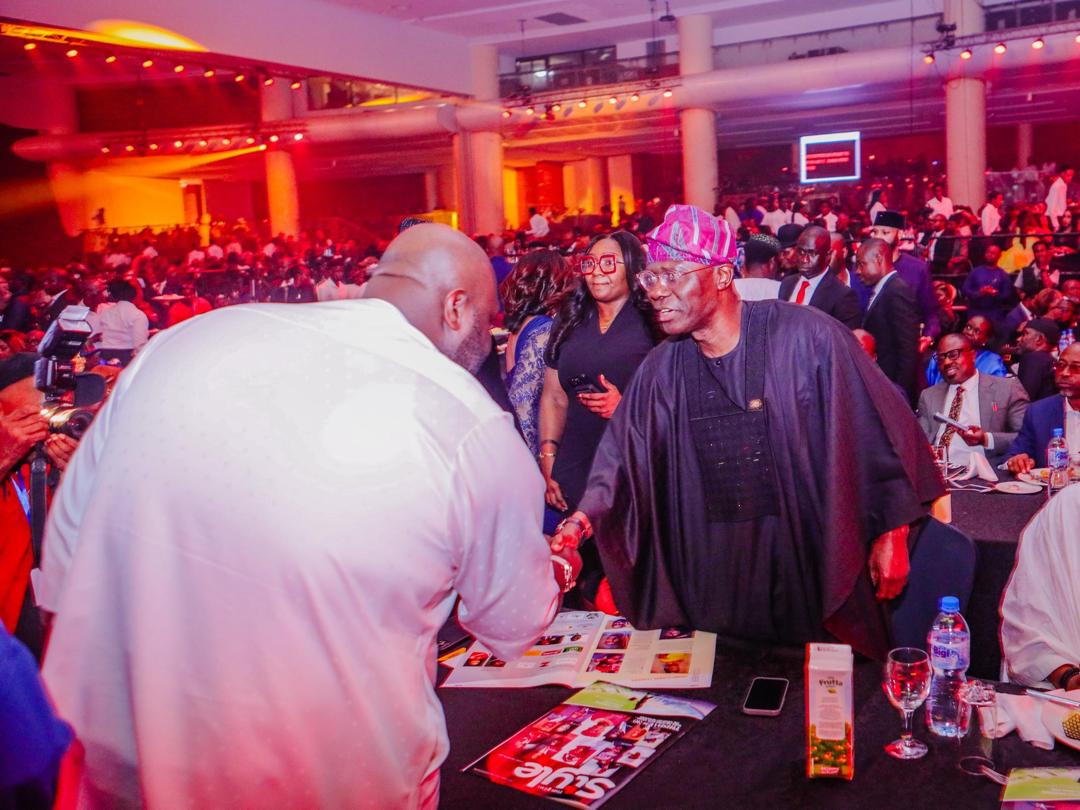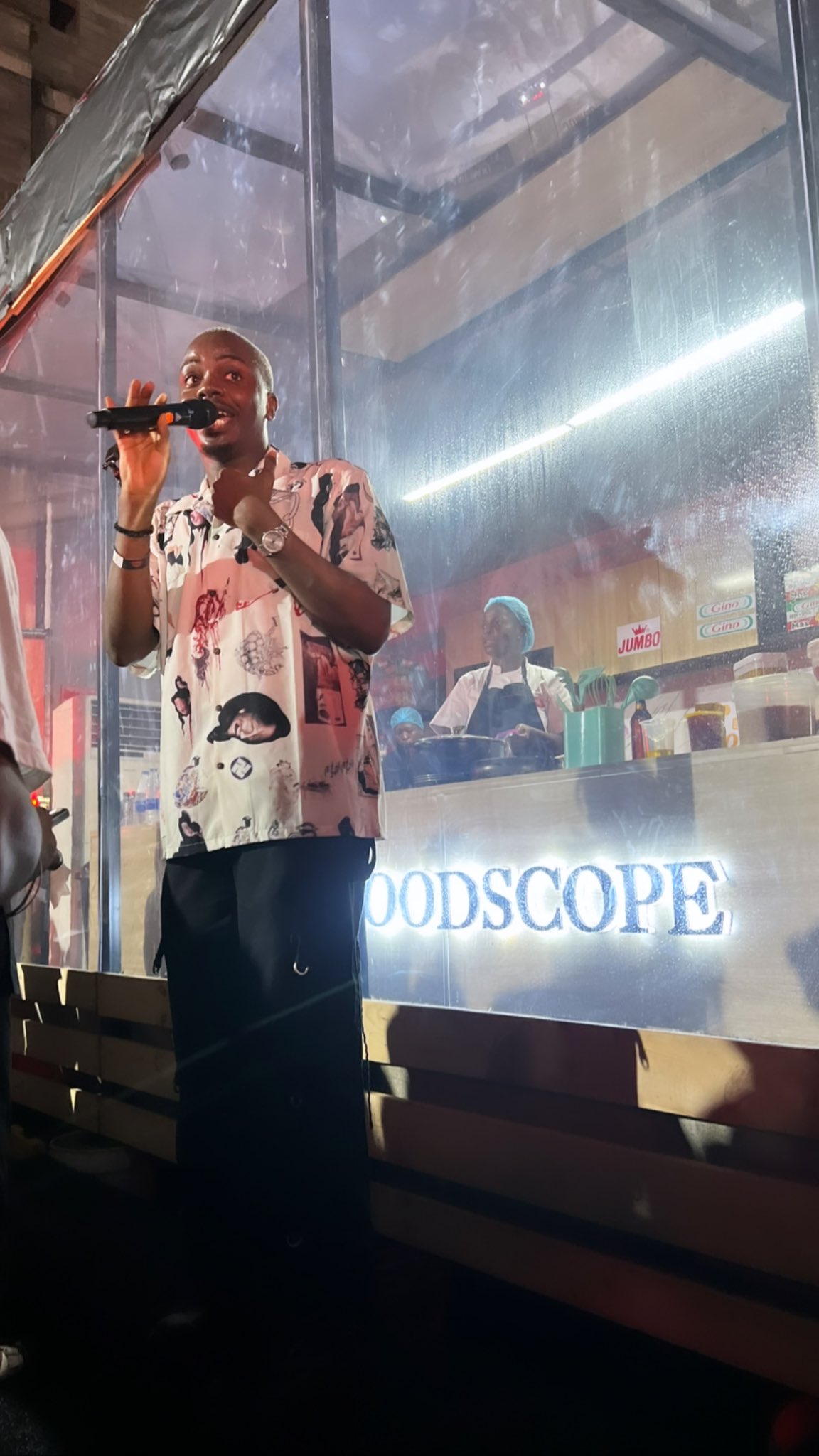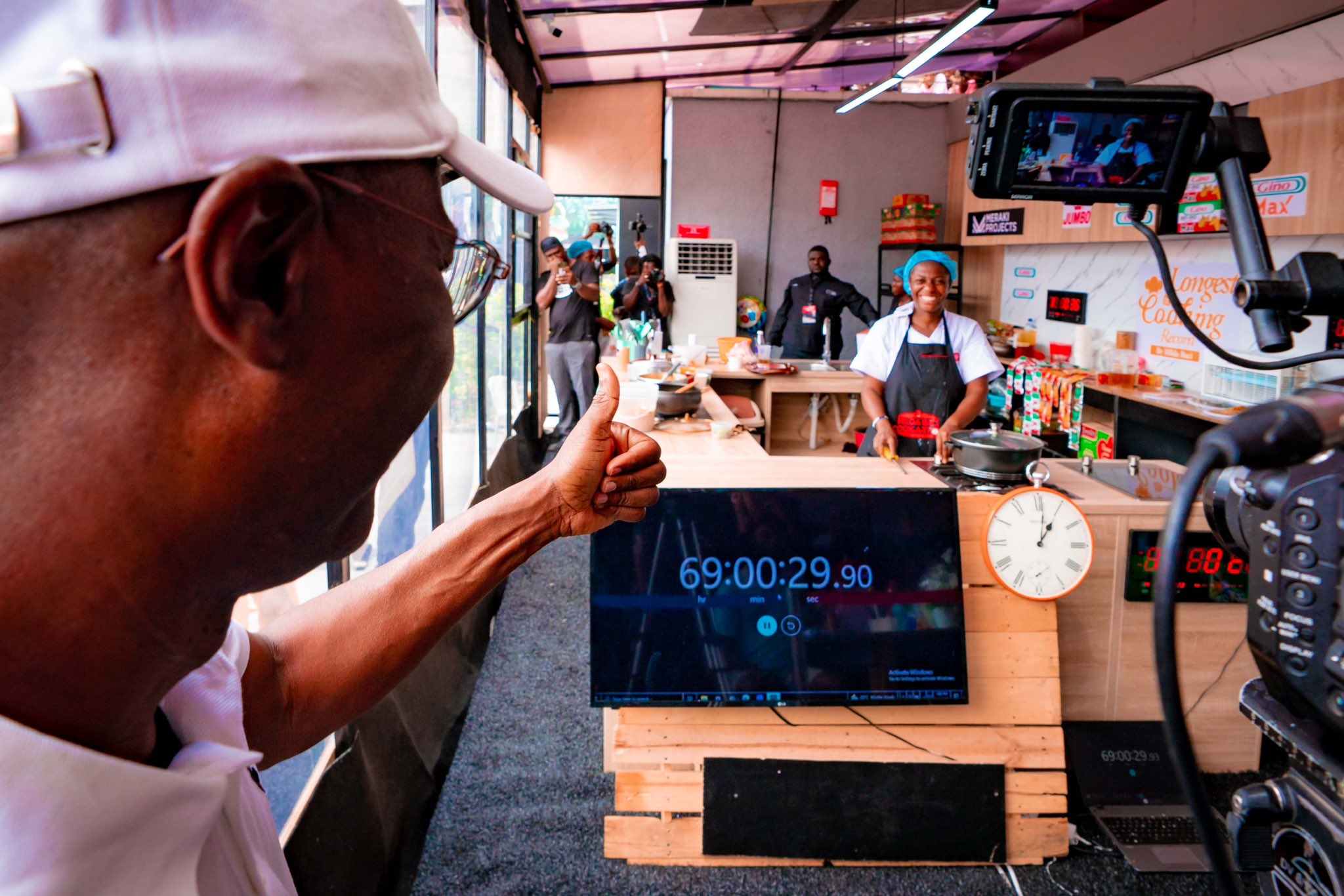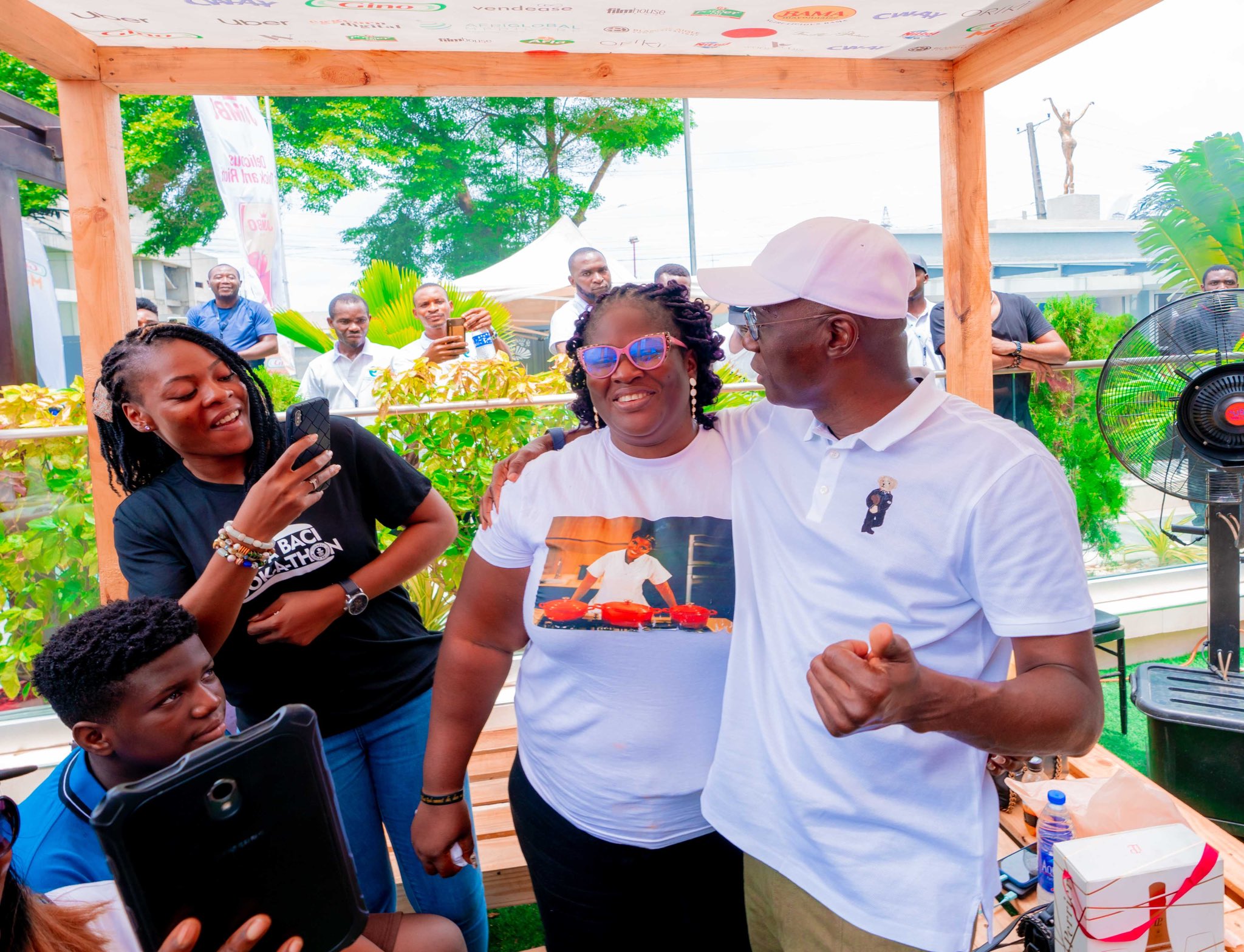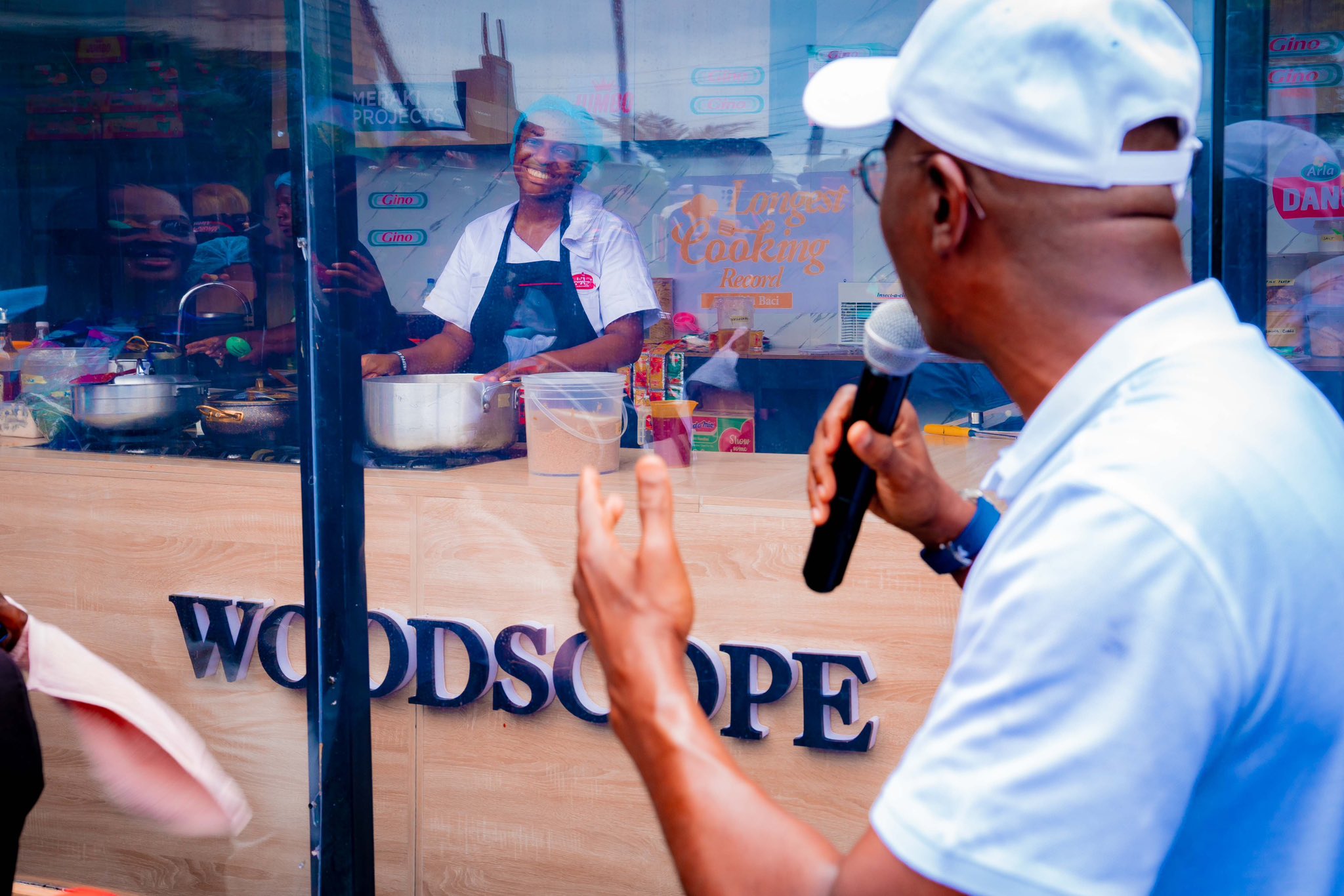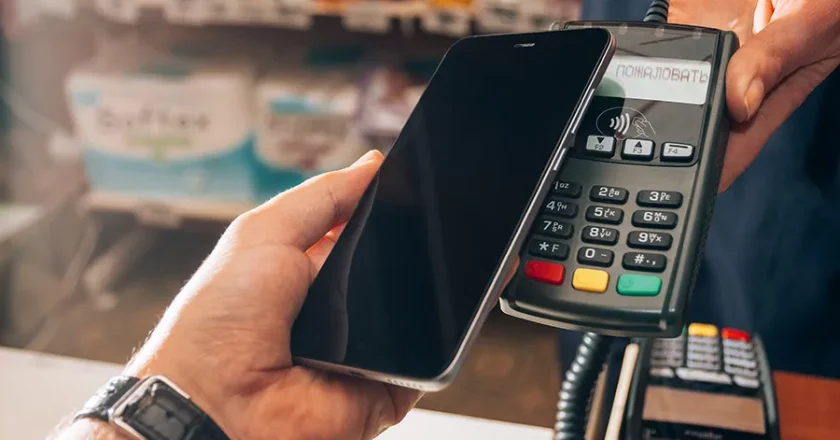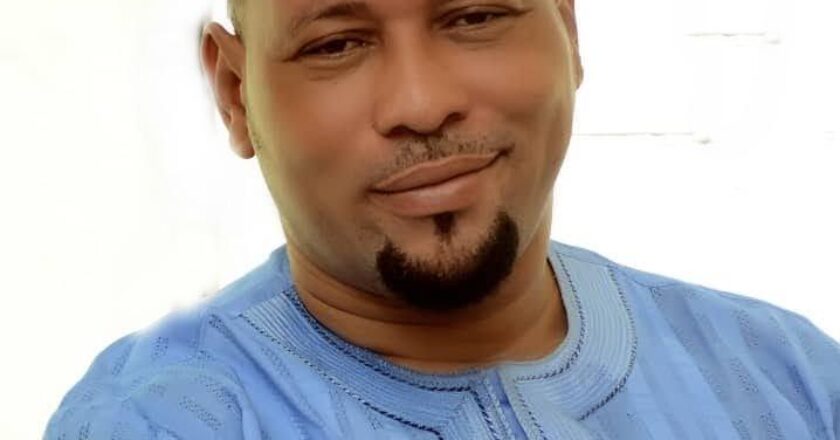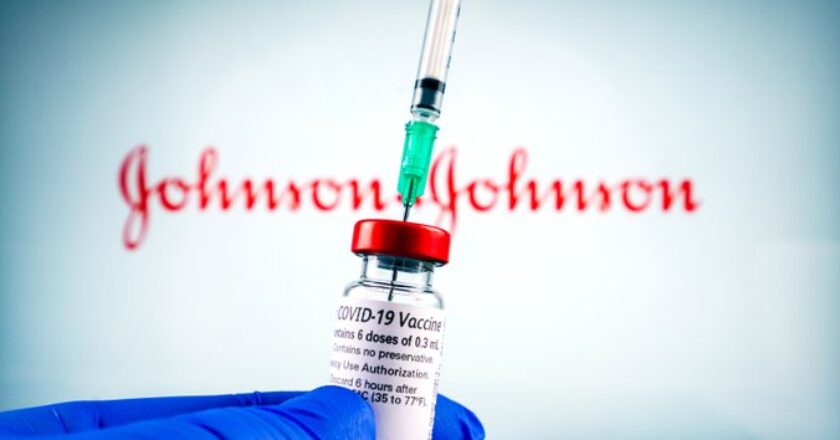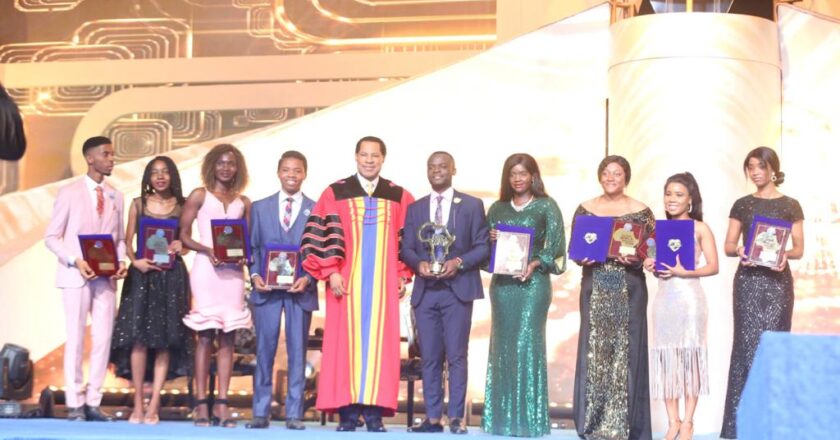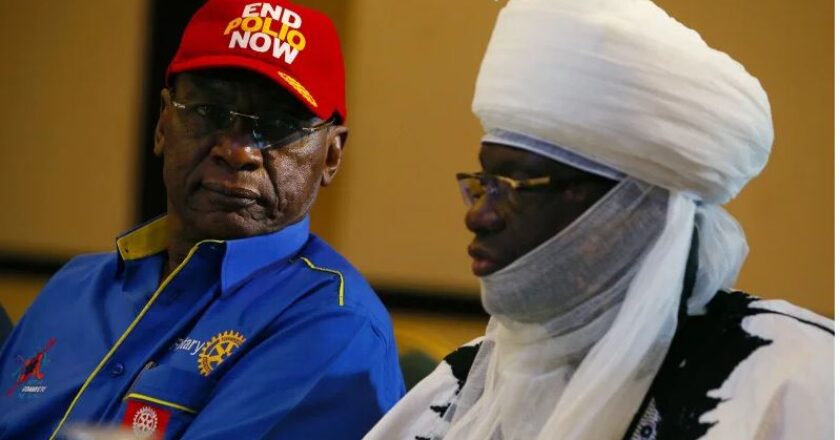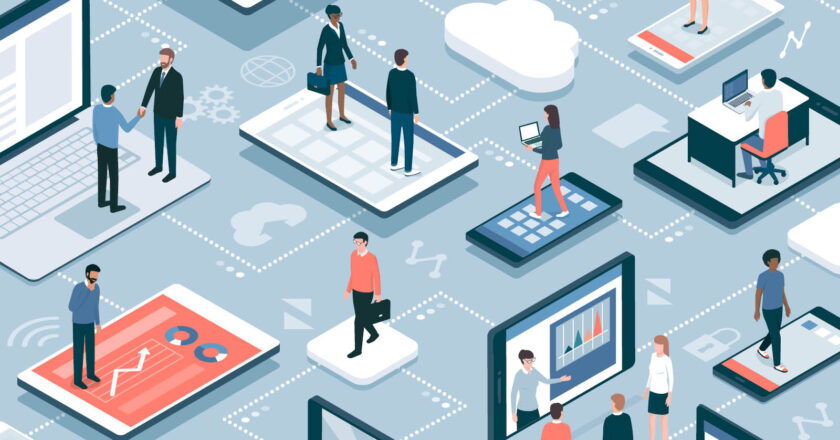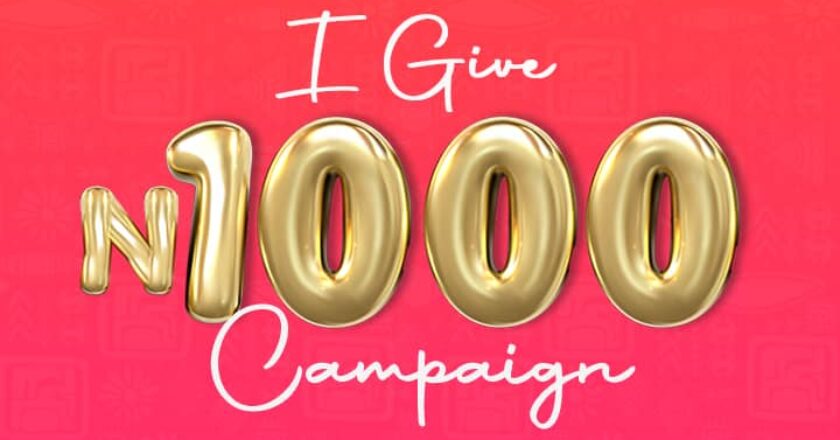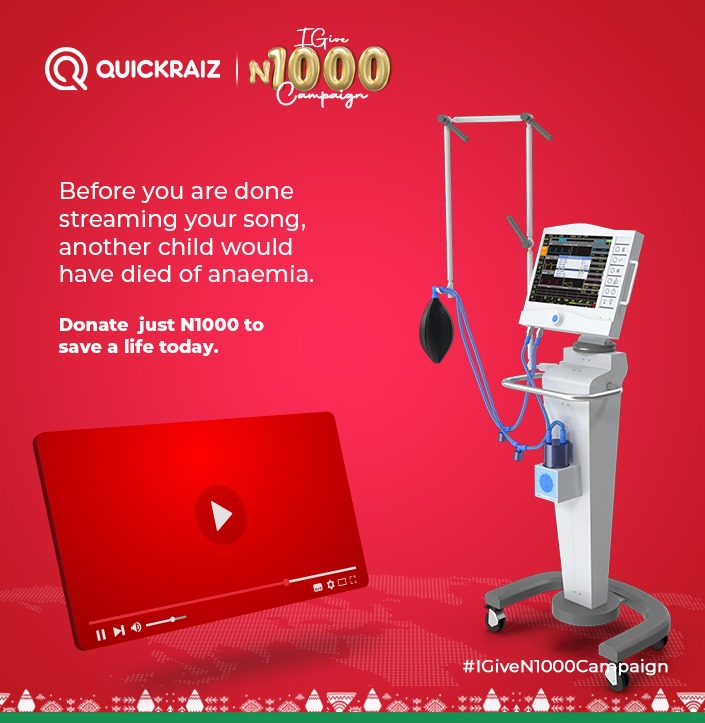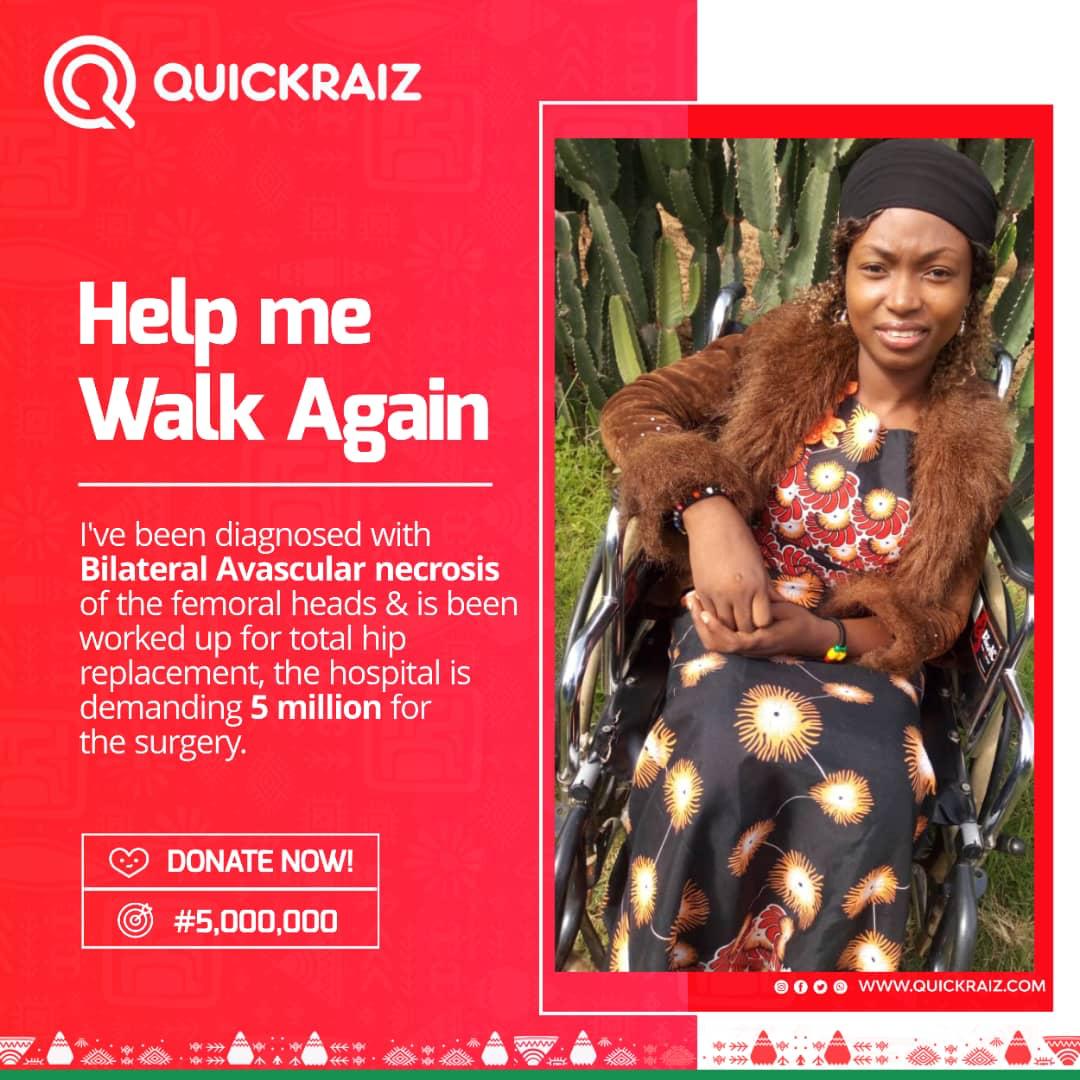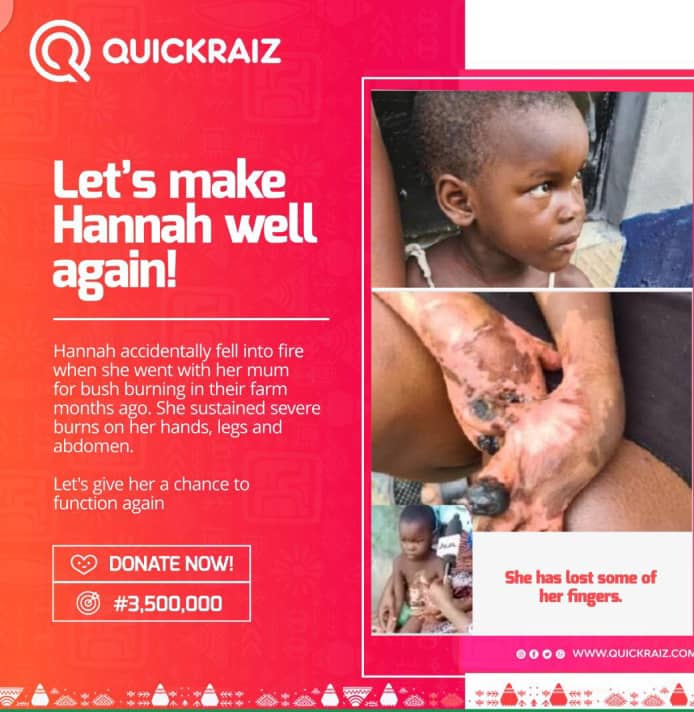The unprecedented social and economic crisis caused by the COVID-19 pandemic has put a spotlight on the role of digital finance in providing relief for millions around the world, supporting businesses and protecting jobs and livelihoods.
While the pandemic demonstrates the immediate benefits of digital finance, the disruptive potential of digitalization in transforming finance is immense. Mobile payment technologies have transformed mobile phones into financial tools for more than a billion people. Digital is supporting big data and artificial intelligence in advancing cryptocurrencies and crypto-assets, peer-to-peer lending, crowdfunding platforms, and online marketplaces. Banks have invested over US$1 trillion in developing, integrating and acquiring emerging technologies. In 2018, ‘fintech’ investment reached US$120 billion, one third of global venture capital funding.
Today a new report, “People’s Money: Harnessing Digitalization to Finance a Sustainable Future”, by the UN Secretary-General’s Task Force on Digital Finance sets out an ambitious, practical Action Agenda. Centrally, it spells out how digital finance can be harnessed in ways that empower citizens as tax-payers and investors in envisaging a digital transformation at scale that better aligns people’s money with their needs, collectively expressed by the Sustainable Development Goals (SDGs).
The report highlights how billions of people around the world are responding to the COVID-19 pandemic using digital tools to work, spend and socialize. It argues there is an historic opportunity to harness digitalization in placing citizens, the ultimate owners of the world’s financial resources, in control of finance to ensure that it meets their needs, today and in the future.
The Task Force identifies five catalytic opportunities for harnessing digitalization in aligning financing with the SDGs. Together they cover much of global finance:
- Aligning the vast pools flowing through global capital markets with the SDGs.
- Increasing the effectiveness and accountability of public finance that makes up a major part of the global economy.
- Channeling digitally-aggregated domestic savings into long-term development finance.
- Informing citizens how to link their consumer spending with the SDGs.
- Accelerating the lifeblood financing for the employment and income-generating world of small and medium-sized businesses.
The Task Force’s Action Agenda is a call to action to businesses, policy-makers and those governing finance to do what it takes to deliver on these opportunities. It spells out not only the ‘what’ but also the ‘how’: investments, new capabilities and governance innovations can get the job done.
The Task Force concludes that harnessing digitalization for the good is a choice, not an inevitability driven by technology. Its Action Agenda points to actions needed to overcome digital risks that, unmitigated, could deepen exclusion, discrimination and inequalities, and separate finance further from the needs of an inclusive, sustainable development.
Leadership Quotes
UN Secretary-General, António Guterres said: “Digital technologies, which are revolutionizing financial markets, can be a game-changer in meeting our shared objectives. The Task Force on Digital Financing of the Sustainable Development Goals provides leadership to harness the digital revolution.”
Maria Ramos, Co-Chair of the UN Secretary-General’s Task Force on Digital Finance said: “We have an historic opportunity to accelerate and expand the transformative impact of digitalization. In particular, digital finance, which in this crisis became the lifeline for millions across the world, extends the boundaries of financial inclusion by empowering citizens as savers, investors, borrowers, lenders and tax-payers in a way that gives them choice and power over their money.”
Achim Steiner, Administrator of UNDP and Co-Chair of the UN Secretary-General’s Task Force on Digital Finance said: “Digital finance’s dramatic potential for transformative impact is being revealed by the COVID-19 pandemic. Digital transfers enable governments to get support to people in need, crowdfunding platforms have mobilized funds for medical supplies and emergency relief, and algorithmic lending means small businesses have quicker access to funds. The speed of the recent spread of these technologies is astonishing, but progress is not automatic. For digitalization to be a true force for delivering on the Sustainable Development Goals, technological advances must combine with sound policy that empowers citizens and enables our financial system to meet the urgent investment challenges that must be overcome to build forward better.”

